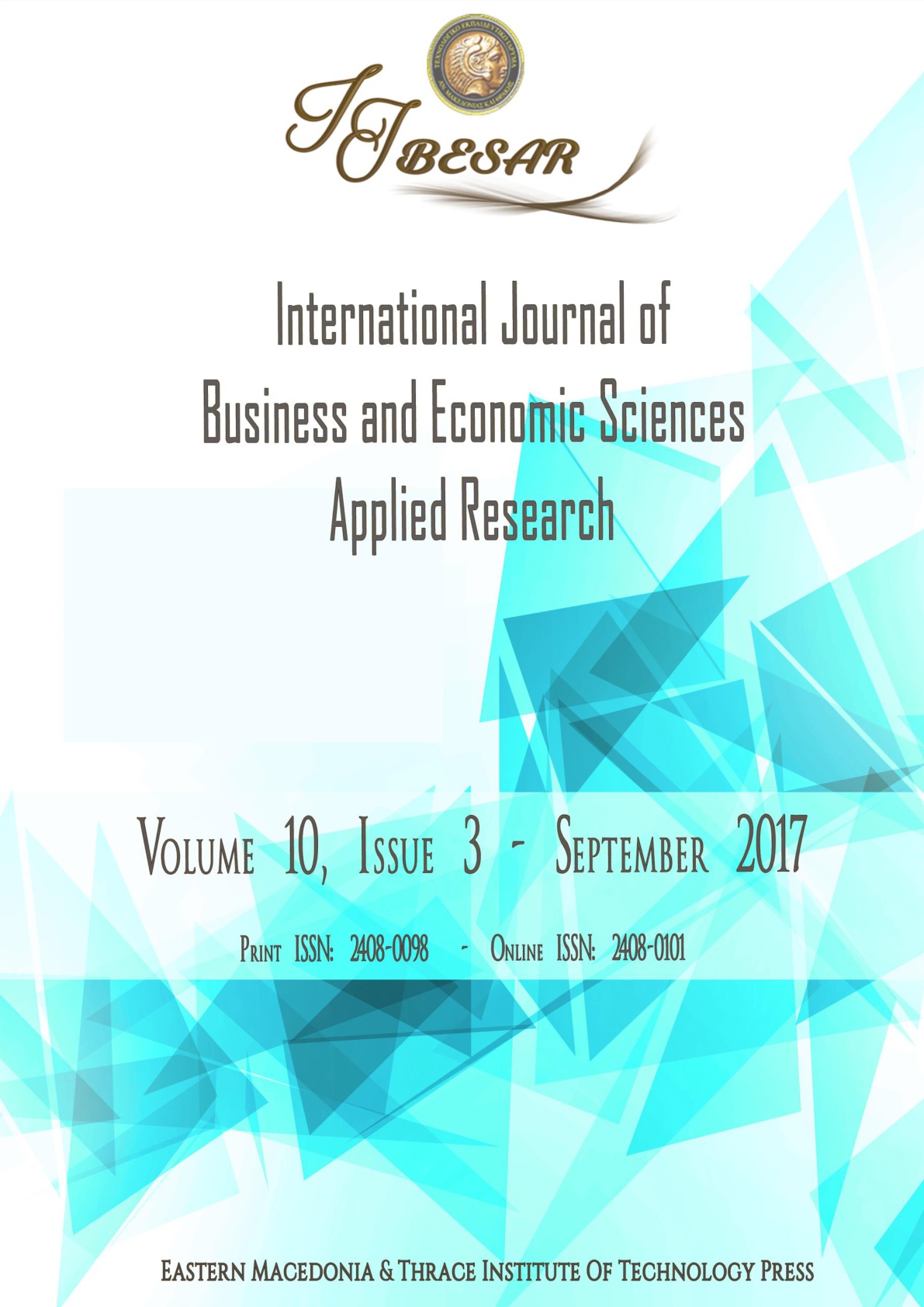Aviation Fuel Hedging and Firm Value Analysis using Dynamic Panel Data Methodology: Evidence from the U.S. Major Passenger Airlines
Aviation Fuel Hedging and Firm Value Analysis using Dynamic Panel Data Methodology: Evidence from the U.S. Major Passenger Airlines
Author(s): Ahmet Duran, Mahmut Sami GungorSubject(s): Labor relations, Methodology and research technology, Transformation Period (1990 - 2010), Present Times (2010 - today), Financial Markets
Published by: Τεχνολογικό Εκπαιδευτικό Ίδρυμα Ανατολικής Μακεδονίας και Θράκης
Keywords: Aviation fuel hedging; firm value; U.S. airline industry; passenger airlines; panel fully modified OLS;
Summary/Abstract: Purpose: Investigation of the relation between firms’ values and aviation fuel hedging activities via a dynamic panel data methodology for the major U.S. passenger airlines during the period 2002-2011. Design/methodology/approach: We use data from nine U.S. major passenger airlines representing 77.2 per cent of the U.S. domestic airline industry, in terms of available seat miles. The data is taken from the Securities and Exchange Commission (SEC) 10-K filings, the Bloomberg database and the Bureau of Transportation Statistics. In accordance with the dynamic panel data methodology, we use cross-sectional dependence tests, first generation panel unit root tests, the Durbin-Hausman panel co-integration test, and the panel fully modified ordinary least square estimator, respectively. Findings: The Durbin-Hausman panel co-integration (DHp) test reveals a statistically significant long run relationship between firms’ values and aviation fuel hedging activities for the U.S. major passenger airlines. Moreover, the results of the fully modified least square estimation suggest that aviation fuel hedging has positive impact on those firms’ values. Additionally, we discuss the U.S. major passenger airlines loss of ten to fifteen per cent of their value in the global financial crisis. Another important finding is that merger agreements results in an almost 10 per cent increase in those firms’ values.. Research limitations/implications: – Clear hedging information was manually searched for in the airlines’ annual audited reports. This process was both time consuming, and labour intensive. Originality/value: This is the first study that focuses exclusively on the major U.S. passenger airlines, for the effects of hedging strategies on firm value. Furthermore, we use the DHp test which allows for a co-integration relationship in the case of integrated of different order series.
Journal: International Journal of Business and Economic Sciences Applied Research (IJBESAR)
- Issue Year: 10/2017
- Issue No: 3
- Page Range: 67-72
- Page Count: 6
- Language: English

